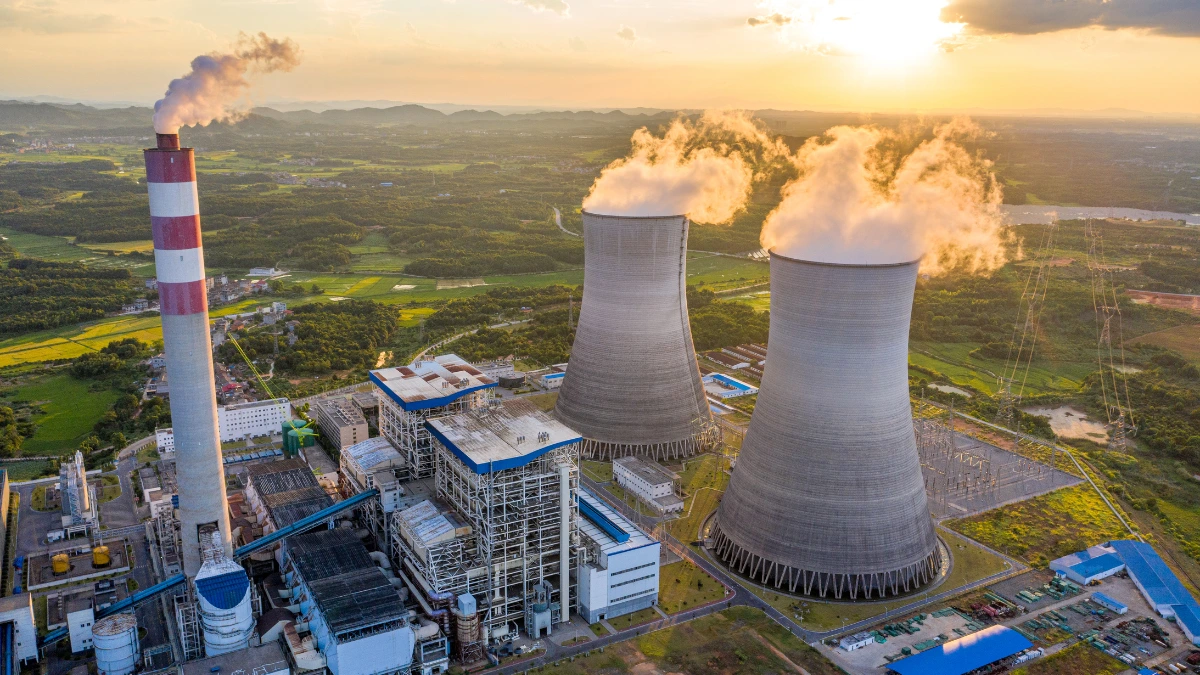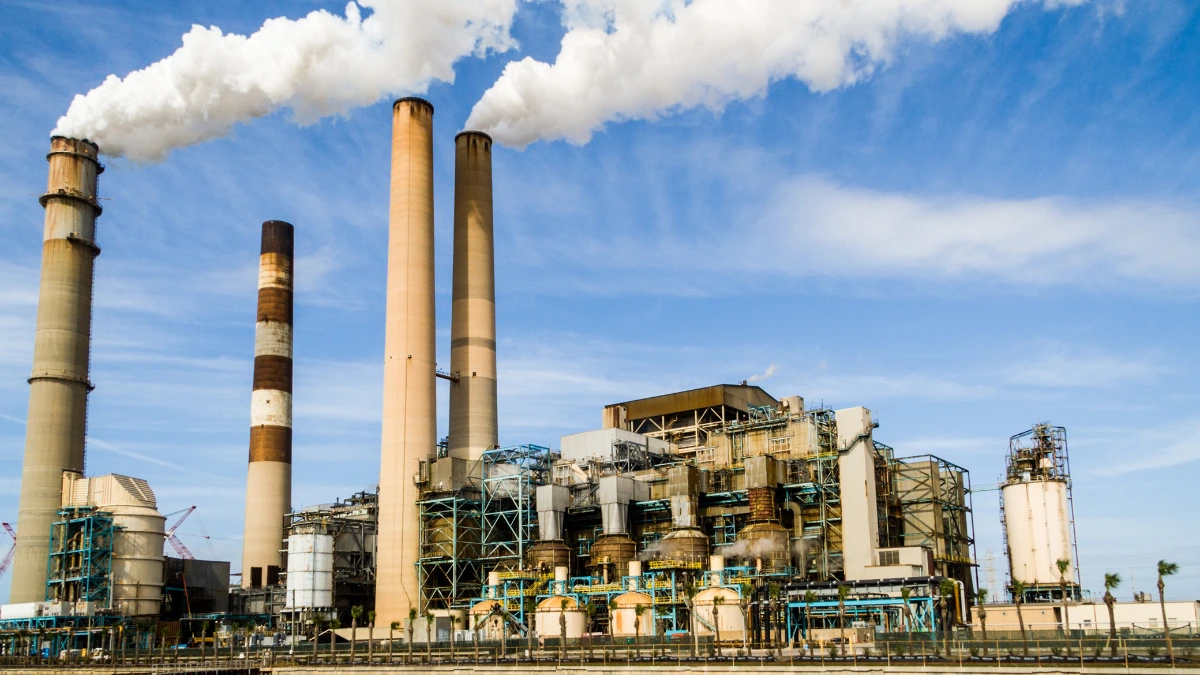The use of wildfire sensor in power plants is needed in detecting fires so that quick action can be taken to extinguish the fire.
Not only that, the importance of using wildfire sensor in power plants includes several other things such as early detection, monitoring, and analysis, to personnel safety.
This article will inform you about the importance and the implementation of wildfire sensor in power plants.
Wildfire Sensor in Power Plants

Forest fire sensors installed in power plants serve as specialized detectors for fires, especially fires occurring in open areas (forest fires) that could pose a threat to plant operations.
It is designed to recognize the presence of flames or smoke from a significant distance, and automatically activate alarms or preventive measures if a fire is detected.
The Importance of Wildfire Sensors in Power Plants

With the benefits that wildfire sensor provides, it must be installed on power plants. Here are some of the things that make wildfire sensors in power plants important:
1. Early detection
One of the importance of wildfire sensors in power plants is their ability to detect early. Wildfire sensors can detect fires at an early stage, much faster than traditional smoke or heat detectors, thus providing valuable time to take preventative and extinguishing measures.
2. Monitoring and analysis
Another important aspect of installing wildfire sensors in power plants is their ability to monitor and analyze. The data collected by the fire sensors can be used to monitor the condition of the power plant and analyze potential fire risks, allowing for more effective preventative measures.
3. Asset security
With fire sensors, valuable power plant assets that have a high risk of fire such as generators, turbines, and electrical systems can of course be helped to be protected.
4. Loss prevention
Fires in power plants can lead to disruption of electricity supply, equipment damage, and even potential explosions. Fire sensors help minimize such impacts.
5. Personnel safety
Another important use of wildfire sensors in power plants is to help secure personnel. Fires in power plants can also put the lives of personnel working there at risk. Fire sensors help provide early warning and trigger timely evacuation measures.
The Implementation of Wildfire Sensor in Power Plants
Here are some examples of wildfire sensor implementation in power plants that usually use:
- Environmental Monitoring: Forest fire sensors are placed around the power plant to detect potential hazards from forest fires or dry grass.
- Equipment Monitoring: Similar sensors are also installed inside the plant, such as turbines, generators, or transformers, to detect fires due to equipment malfunction.
- Control Room Monitoring: Sensors are installed in the control room of the plant to detect possible fires in the area.
The Regulation

Wildfire sensor in power plants on the market uses LoRaWAN technology, this technology must pass the certification test in every country.
In ASEN especially Indonesia, Malaysia, Singapore, Thailand, Philippines, Vietnam, and Cambodia need type approval certification. In Indonesia the certification is called DJID Certification, in Malaysia is called SIRIM Certification, in Singapore is called IMDA Certification, in Thailand is called NBTC Certification, in the Philippines is called NTC Certification, in Vietnam is called MOST Certification, and in Cambodia is called TRC Certification.
With this certification, users can feel calm about using wildfire sensor in power plant devices whose quality and security are guaranteed. For manufacturers or importers of wildfire sensors in power plant devices, obtaining certification from every country is a mandatory step before the device can be officially on the market.
To simplify the certification process, our type approval services are available to assist with this process as a reliable solution. [UN]

